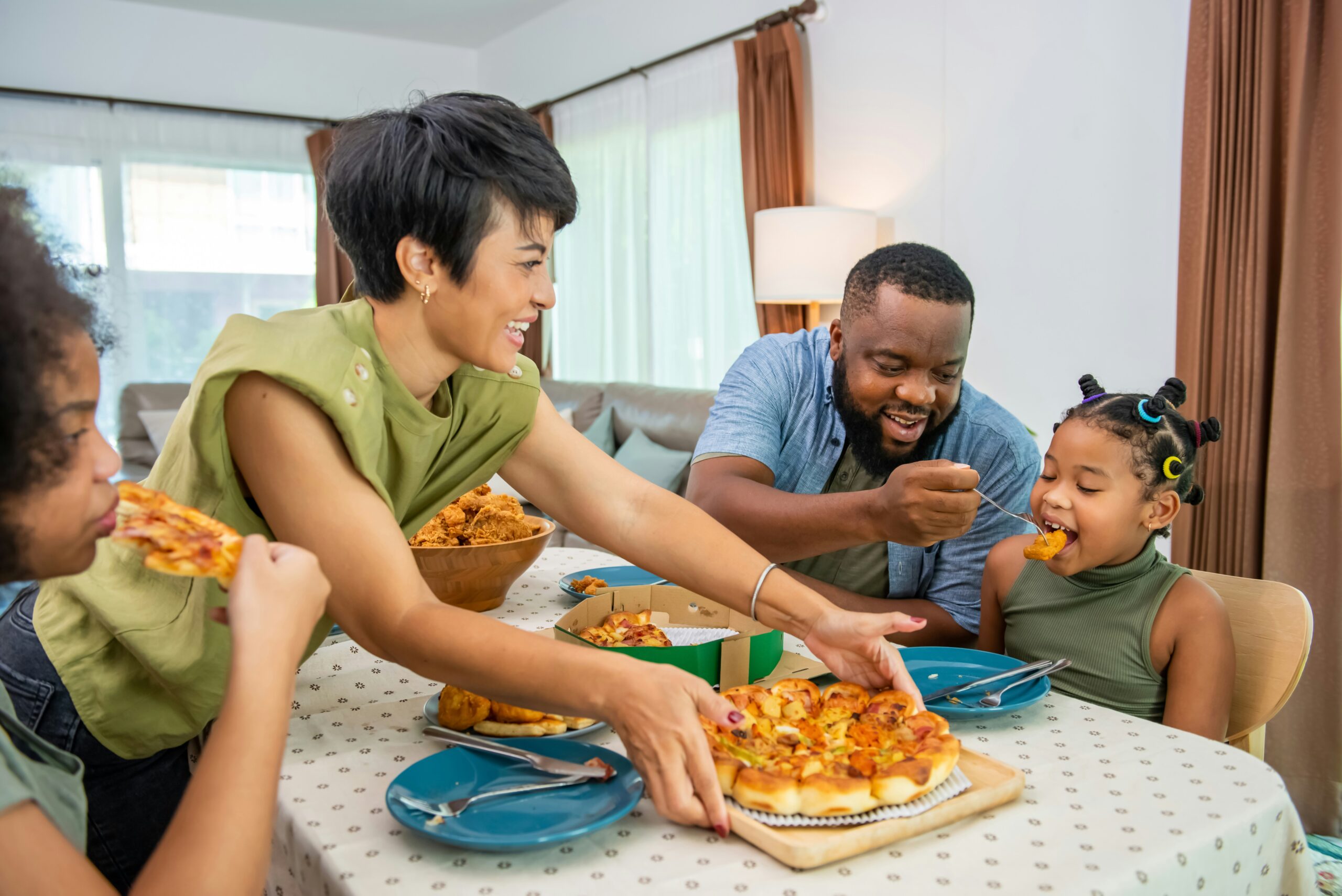
In every culture around the world, one common thread weaves humanity together — food. But it’s not just about nourishment. It’s about gathering, conversing, laughing, and creating meaningful bonds. Shared meals hold immense social power. They are more than a daily routine — they are rituals that build relationships and bridge divides. Whether it’s Sunday family dinner, a community potluck, or lunch with colleagues, the act of breaking bread connects us in ways words often cannot.
The Roots of Communal Eating
Since the dawn of civilization, eating together has been deeply embedded in human society. In ancient tribes, sharing food meant survival and trust. Religious and spiritual traditions also emphasize communal meals — think of the Last Supper in Christianity or the Iftar meal during Ramadan in Islam. In every setting, food plays a central role in bringing people together.
This deep-rooted tradition of communal dining reveals an important truth: food builds community. And in today’s fast-paced, digitally distracted world, we need that connection more than ever.
Shared Meals as Social Glue
Sharing a meal with someone creates a shared experience. It lowers defenses and fosters genuine interaction. Unlike digital communication, eating together engages all our senses — taste, smell, sight, touch, and hearing. These sensory cues enhance emotional bonding.
When people share a meal, conversations flow more freely. There is an unspoken trust that builds as dishes are passed, bites are exchanged, and stories are shared. It’s no wonder that some of the strongest friendships and partnerships are formed around a dinner table.
Whether it’s an intimate family dinner or a corporate team lunch, shared meals strengthen relationships by encouraging empathy, inclusivity, and mutual understanding.
Building Community One Bite at a Time
Strong communities are built on trust, connection, and shared purpose. Hosting communal meals fosters all of these. Potlucks, neighborhood BBQs, and community soup kitchens are more than events — they are platforms for building bridges between diverse individuals.
In communities where social isolation is prevalent, especially among the elderly or marginalized groups, communal meals offer a vital lifeline. They reduce loneliness, combat stigma, and offer a sense of belonging.
Even in professional settings, eating together improves teamwork. Companies that encourage communal lunches often report better collaboration and increased employee satisfaction.
Breaking Barriers Through Food
Food transcends language, culture, and background. In many cases, people who might not connect in other circumstances find common ground over a shared meal. Hosting intercultural dinners, for example, introduces guests to new cuisines and, more importantly, to different worldviews.
Breaking bread with someone from a different background opens the door to meaningful dialogue. It humanizes the “other” and paves the way for understanding and respect. In a world filled with polarization and social division, the simple act of sharing a meal can be revolutionary.
The Role of Food in Mental and Emotional Health
Beyond its social benefits, meal sharing supports mental and emotional wellness. Studies show that people who eat with others experience lower levels of stress and depression. Children who eat regular family dinners tend to have higher self-esteem and academic success.
Meals offer structure, predictability, and comfort — all of which are key for emotional health. When shared, these benefits multiply. The laughter, conversation, and togetherness that accompany a communal meal provide a sense of security and joy.
From the Kitchen to the Community Table
Cooking for others is an act of love. Preparing a dish to be shared turns a solitary task into a gift of connection. When people contribute to a meal — whether by cooking, setting the table, or simply showing up — they engage in something bigger than themselves.
Organizations around the world have leveraged this idea to bring about positive change. Nonprofits run community kitchens, refugee centers offer cultural dinners, and churches host open-invitation suppers. Each initiative, big or small, serves the same purpose: building community through food.
Practical Tips for Creating Shared Meal Experiences
You don’t need a grand event or a professional chef to make shared meals meaningful. Here are simple ways to foster connection through food:
- Start with your circle: Host regular dinners with friends, family, or neighbors.
- Make it inclusive: Invite people from different backgrounds, age groups, or social circles.
- Encourage participation by making meals potluck-style or having people bring a family recipe.
- Create conversation: Use question prompts or games to spark dialogue at the table.
- Put away devices: Encourage mindful eating and focused attention on the people present.
Even once-a-month shared meals can have lasting social benefits.
Challenges and How to Overcome Them
While shared meals are powerful, they aren’t always easy to organize. Time constraints, dietary restrictions, and social anxiety can be barriers. But with creativity and compassion, these challenges can be overcome.
- Time: Try breakfast meetings or lunchtime potlucks instead of elaborate dinners.
- Dietary needs: Label dishes, offer inclusive options, and encourage open communication.
- Shyness: Keep groups small and mix familiar faces with new ones.
Most importantly, remember that perfection isn’t the goal. Authenticity, kindness, and openness matter more than gourmet cuisine.
The Everyday Power of a Shared Table
In our increasingly fragmented world, where digital interactions often replace face-to-face connections, the power of shared meals stands out as a timeless, deeply human experience. By simply inviting others to sit, eat, and talk, we nurture understanding, foster inclusion, and build strong, resilient communities.
So, whether it’s over coffee, lunch, or a celebratory feast, take the time to break bread with others. Because in the end, it’s not just about the food on the table, but the relationships that grow around it.